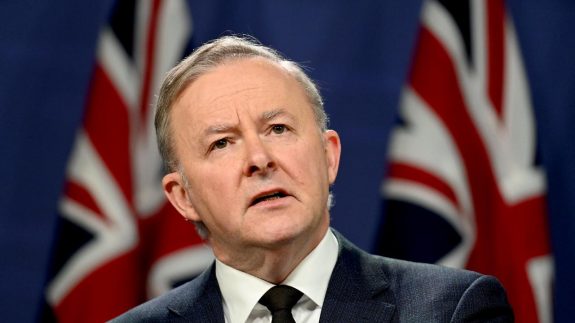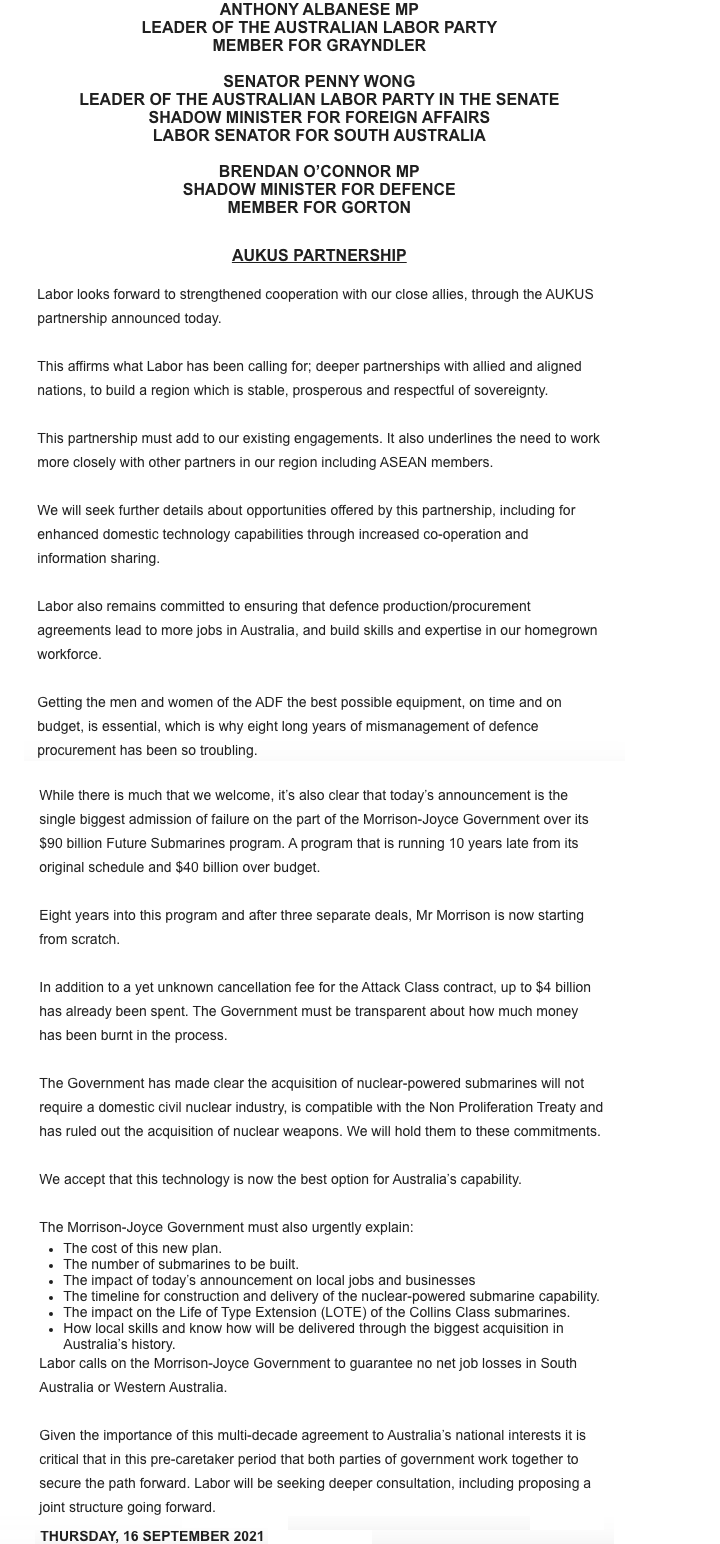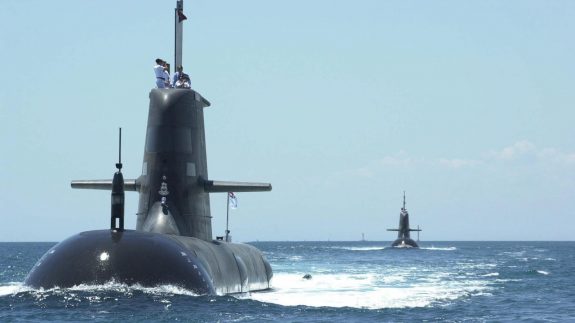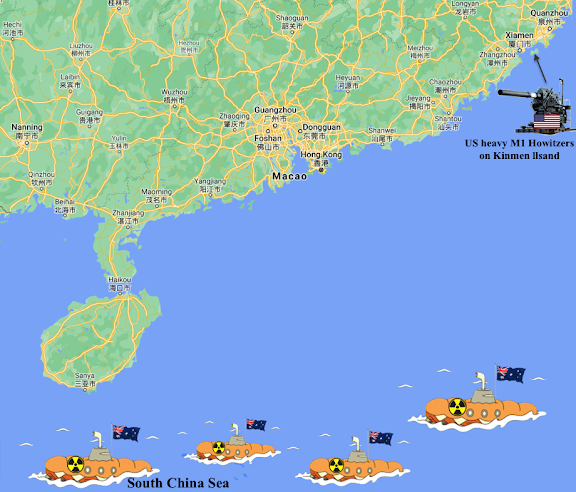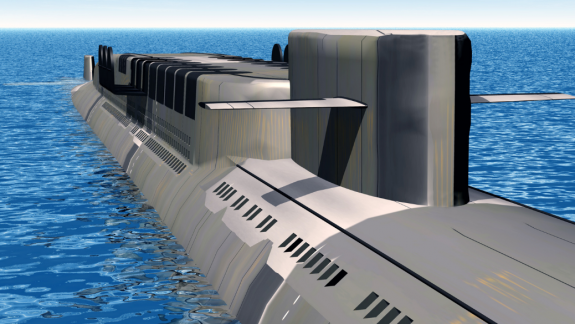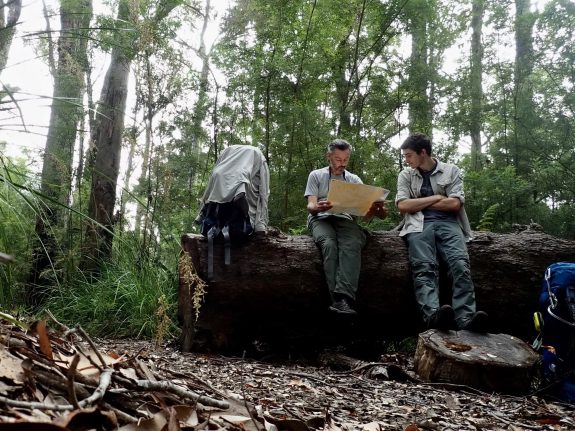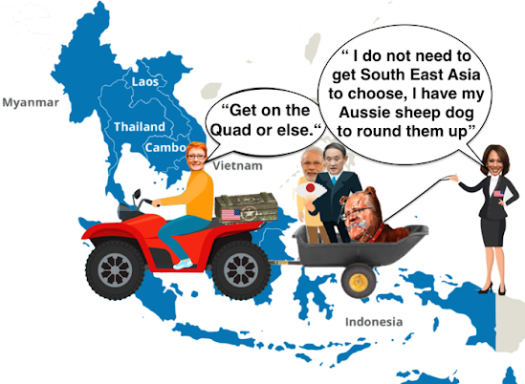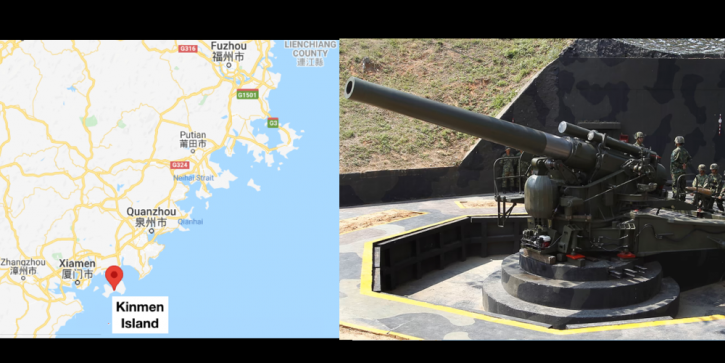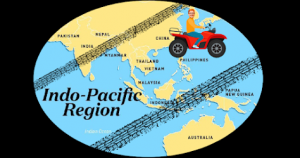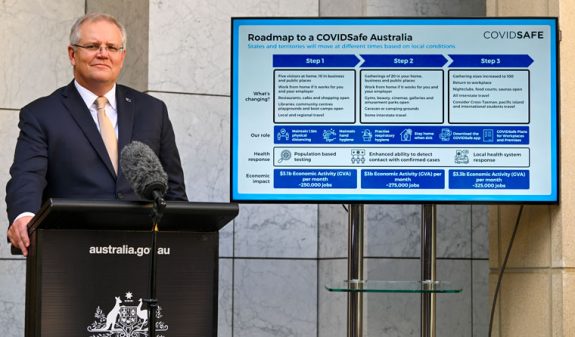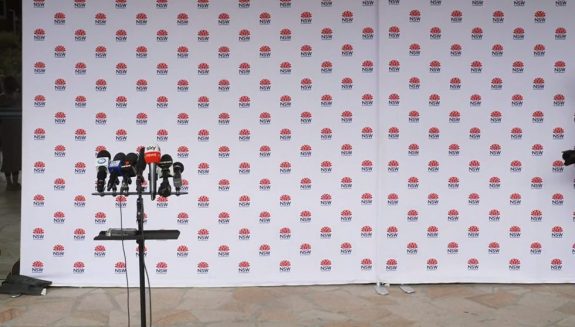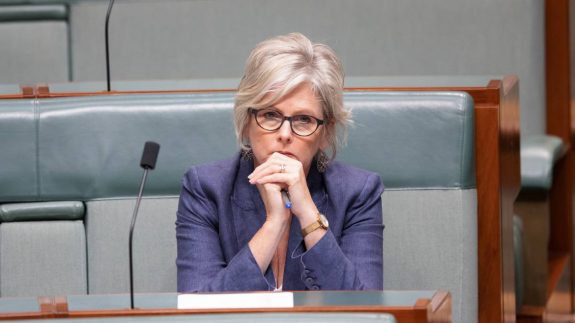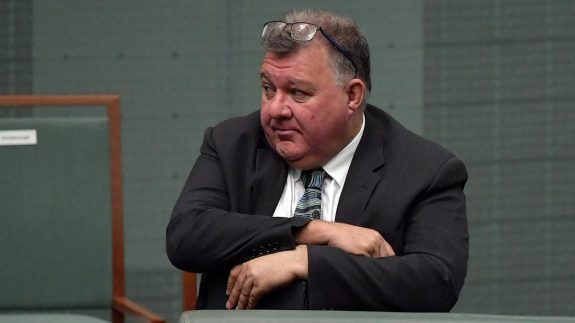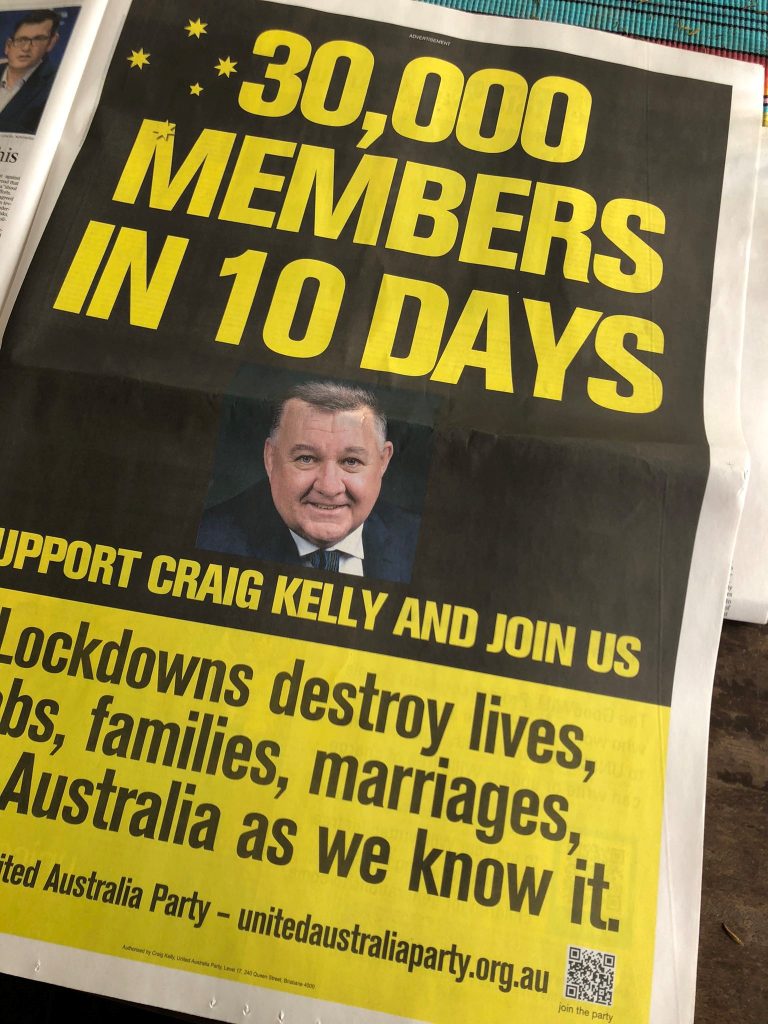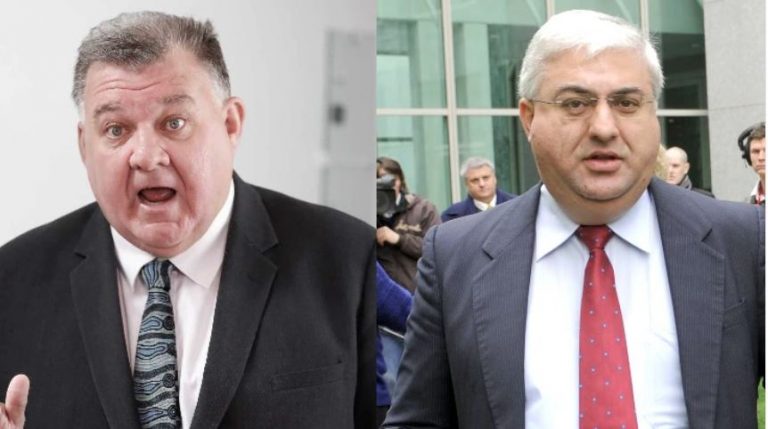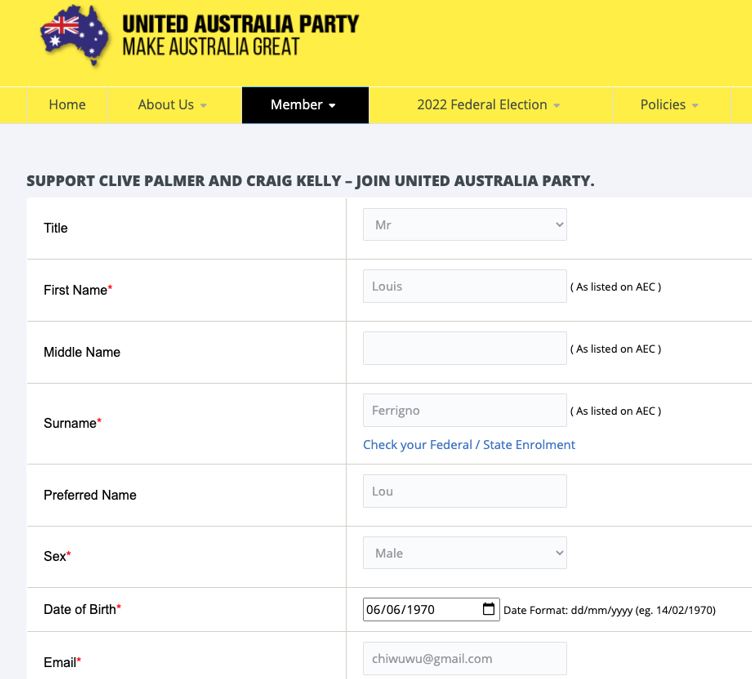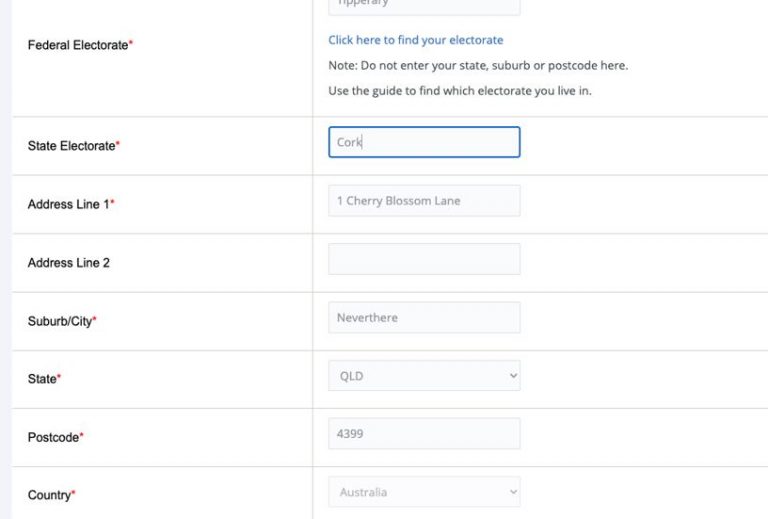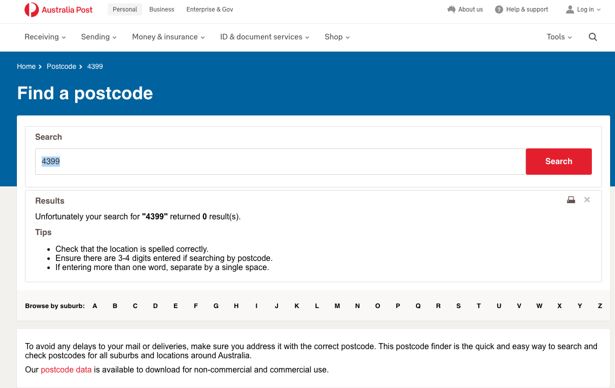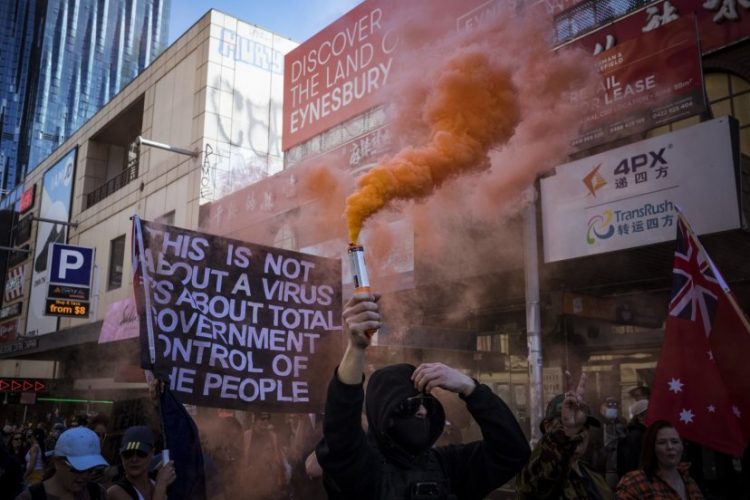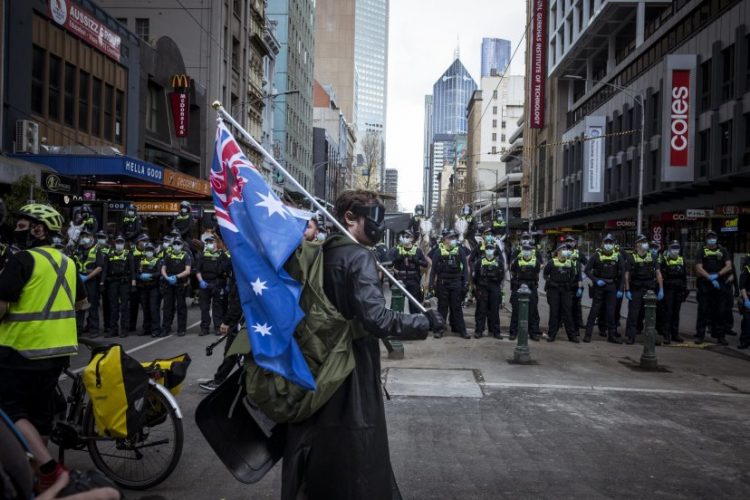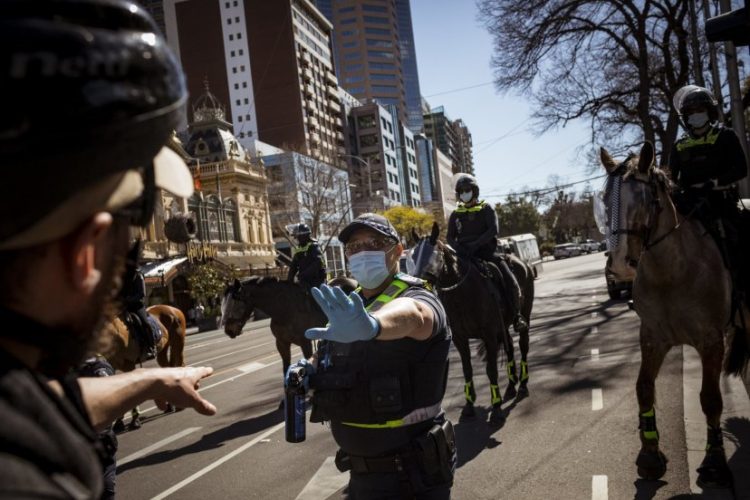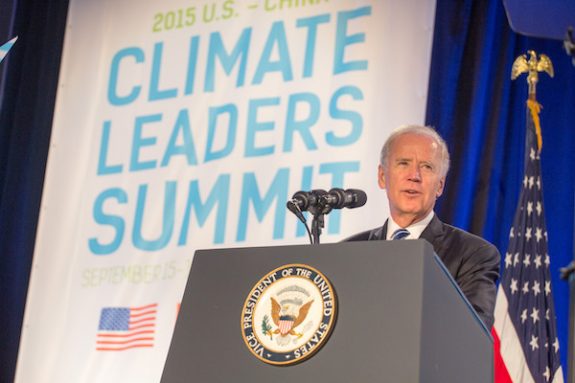By Denis Bright
After years of commitment to market ideology by both sides of US politics, President Biden is offering some progressive changes in sustainable economic policies. This impending change was covered by my article for The AIM Network just over a year ago when Kamala Harris became Biden’s candidate for Vice President with charismatic endorsement from Michelle Obama (19 August 2020).
Ironically, the Trump administration gave the green light to record levels of federal US deficits to cope with the pandemic recession and its associated public health crises. The Biden administration has cautiously moved public spending from opportunistic deficits of the Trump era towards some cautious progressive agendas for government intervention in the US economy. The Democratic Party has not really followed this path since Franklin Roosevelt’s (FDR) New Deal Programme (1932-45).
In contrast, the hopes generated by the election of John Kennedy and Barack Obama were squandered by new phases of military adventurism.
In President John Kennedy’s short administration (1961-63), opportunities for improved relations with the Soviet Union to repair tensions created by the shooting down of the U-2 spy plane over the Ural Mountains on 1 May 1960 were dashed by the installation of medium range nuclear missiles in both Italy and Turkey (Map Image: CIA). The Soviet Union retaliated by the construction of its own nuclear missile sites in Cuba after the CIA’s own attempts to overthrow the legitimate government of Cuba at the Bay of Pigs landings (17-19 April 1961).
Barack Obama made the mistake of following military advice favouring a troop surge into Afghanistan in 2013 with support from most NATO countries and Australia as an associate member of NATO.
To his credit, Joe Biden has honoured a commitment to end direct military involvement in Afghanistan despite a wave of nostalgia for continued military commitment from the Murdoch press.
Biden’s domestic economic policies can be developed without the distractions imposed by new military commitments. The financial burden of US military spending remains a real barrier to Biden’s domestic economic agendas (Data-Stockholm International Peace Research Institute, 26 April 2021):
Strong increase in US military spending continues in 2020
In 2020 US military expenditure reached an estimated $778 billion, representing an increase of 4.4 per cent over 2019. As the world’s largest military spender, the USA accounted for 39 per cent of total military expenditure in 2020. This was the third consecutive year of growth in US military spending, following seven years of continuous reductions.
‘The recent increases in US military spending can be primarily attributed to heavy investment in research and development, and several long-term projects such as modernizing the US nuclear arsenal and large-scale arms procurement,’ said Alexandra Marksteiner, a researcher with SIPRI’s Arms and Military Expenditure Programme. ‘This reflects growing concerns over perceived threats from strategic competitors such as China and Russia, as well as the Trump administration’s drive to bolster what it saw as a depleted US military.’
This inheritance of continued record levels of military spending is at least being offset by new domestic US economic agendas despite fierce opposition from Republicans and moderate Democrats (Politico News Network, 30 August 2021):
President Joe Biden’s defense budget may be headed for another defeat at the hands of Democrats on Capitol Hill.
The House Armed Services Committee will weigh in on Biden’s $715 billion Pentagon budget proposal on Wednesday when it debates annual defense policy legislation. The debate has split Democrats, but party leaders may not be able to hold back an emerging bipartisan drive to boost defense spending.
Republicans have for months said Biden’s budget is too small to adequately deter China and Russia, while many progressive Democrats see a Pentagon budget in need of steep cuts as the U.S. winds down a two decades-long war in Afghanistan. Centrist Democrats say they would consider proposals to increase the defense budget.
Commitment to more defence spending erodes the traction for Biden’s Green New Deal and risks unsustainable levels of national budget deficits which have been summarized by the Congressional Budget Office (9 August 2021):

However, the outreach of Biden’s deficit spending extends across the spectrum of government responsibilities from defence and aerospace industries to infrastructure, jobs and family welfare. The focus is on rebuilding a social market as noted in the details of job creation and family support packages to assist with recovery from the COVID-crisis.
Promoting the current New Green Deal agendas can become a mainstream response that appeals to voters in rustbelt states and depressed cities where constituents were once attracted to Trump’s Make America Great Again (MAGA) rhetoric.
Steven Greenhouse of The Guardian (2 May 2021) correctly identifies Joe Biden as the most distinguished pro-union President in recent US history:
Unions have also suffered notable setbacks in recent years, mostly recently failing to get the votes to unionize at an Amazon warehouse in Alabama. None of this has dampened Biden’s ardor for organized labor, or Republican opposition to it.
Last Monday, Biden issued an executive order establishing the White House Task Force on Worker Organizing and Empowerment, a move that aims to help unions expand their ranks. On Tuesday, Biden named Celeste Drake, to head his new “Made in America” program, which is designed to steer more federal money to US manufacturers. Drake is long-time trade expert at AFL-CIO, the US’s largest union federation.
Also last week, the White House issued a fact sheet saying that Biden’s proposed $2.3tn infrastructure plan would create many union jobs in construction, clean energy and other fields – by, for instance, requiring companies that receive money under the legislation not to oppose unionization efforts.
Events in Afghanistan may have distracted mainstream news services from Biden’s less newsworthy domestic agendas. The largely Bipartisan Infrastructure Deal of the Biden administration has been summarized on the White House site (11 August 2021):
- Makes the largest federal investment in public transit ever
- Makes the largest federal investment in passenger rail since the creation of Amtrak
- Makes the single largest dedicated bridge investment since the construction of the interstate highway system
- Makes the largest investment in clean drinking water and waste-water infrastructure in American history, delivering clean water to millions of families
- Ensures every American has access to reliable high-speed internet
- Helps us tackle the climate crisis by making the largest investment in clean energy transmission and EV infrastructure in history; electrifying thousands of school and transit buses across the country; and creating a new Grid Deployment Authority to build a clean, 21stcentury electric grid
Biden has inherited an economy that had rebounded from the COVID-19 recession in the September Quarter of 2020.
The Medium Term Investment Prospects
The Biden administration of course plans to ease back on deficit spending during the 2020s by expanding a global investment hub through the Quad Group of countries (US, Australia, Japan and India). However, data from the United Nations Centre for Trade and Development (UNCTAD) shows that the investment outreach of the Quad countries is quite weak and negatively affected by the effects of the COVID pandemic in 2020.
Striving to outmanoeuvre China comes at great expense to the flow of investment capital as measured by Foreign Direct Investment (FDI) capital outflows. The strategy is a variation of Make America Great Again (MAGA) agendas to re-industrialize the US economy.
Since the election of President Biden, outstanding if still conservative minds, are being allowed to share critical perspectives on the way forward for the global economy which is increasingly dominated by the fortunes being build-up through the new speculative financialization.
The participants at this European Central Bank (ECB) Podcast would have been ridiculed by President Trump as opponents of his MAGA agendas.
In a recent episode of #TheECBPodcast with European Commission President Ursula von der Leyen, U.S. Treasury Secretary Janet Yellen and host Katie Ranger, Christine Lagarde (President of the ECB) spoke about the risk of the pandemic dialling back progress on female economic empowerment.
This discussion is a long way from the generation of new solutions but at least Dr Janet Yellen has been rewarded with the cabinet position of Treasury Secretary in the Biden administration.
Each participant is also fully aware of the complexity of the new financialization where hard won capital inflows from domestic and overseas corporate profits are being lost to the deserts of financial speculation.
The forte of the US economy has long moved onto high technology manufacturing and financial services. There is a very high degree of financial speculation in the outreach of contemporary investment. Risk taking is highly protected by contemporary financial practices which drive market indicators to new record levels before the need for a major correction somewhere in the future.
While the investment outreach of the US was in retreat on indicators for Foreign Direct Investment (FDI) during 2020, most financial market indicators continued in record territory into 2021.
The US economy is artificially strengthened by capital inflows into the new financialization which generates a vast share of US corporate profits through financial speculative financial outsourcing through trade, commodity production, real bricks and mortar investment or accessible commercial services.
Some US FDI inflows do find their way into real investment and into state of the art industries such as aerospace, defence, robotics or social media networks.
However, capital flows into the new financialization from within the US and beyond are more likely to generate instant returns to financial speculators.
Capital flows into the US economy dwarf real investment as measured by FDI inflows.
Trading Economics that net capital inflows into the US were actually in excess of $US 300 billion in just the month of March 2020 and almost $US150 billion in March 2021.
This contrasts with FDI inflows of $US 156 billion in 2020 and an FDI Outflow of $US83 billion for an entire year.
This makes the US a net importer of real FDI while financial markets are awash with fluctuating levels of capital flows to support the new financialization. The long-term future of US capital markets is a matter for speculation and seems to be highly motivated by rent seeking investment.
Is Long-Term Reform of the US Financial Sector a Serious Possibility for Citizen Joe Biden?
The FDI graphs show that the investment outreach of the US and Japan have been in decline during the recent COVID-crisis. The ideal that Quad investment will carry developing countries like PNG and Timor out of their underdevelopment is an exercise in fantasy.
Rather than offering net FDI exports to the world, the US financial sector thrives on attracting capital inflows to finance the budget deficit and for speculative gains by financial operatives.
The late Professor Peter Gowan (1946-2009) of London University provided a synopsis of this subterranean financial sector that had maintained the new financialization through shadow banks and rampant tax evasion through global tax havens and interchange of transactions across borders as hallmarks financial leadership by stalwarts of neoliberalism.
Contemporary data updates might be available at a price through specialized financial networks which are usually by-passed in mainstream news reporting:
Academics Megan Neely from the Copenhagen Business School and Donna Carmichael from the London School of Economics offer a new documentation of the speculative financial sector in the US economy in a peer reviewed article in American Behavioural Scientist can assist in unravelling the puzzles presented by financialization (24 March 2021), “Profiting on Crisis: How Predatory Financial Investors Have Worsened Inequality in the Coronavirus Crisis.” The article is quite easy to read despite the saturation coverage of reference acknowledgments in the original text. I have relied on a block quote to share the wisdom of the authors. Welcome to the world of speculative financialization which generates at around half of all corporate profits in US economy:
This boom in market activity captures how a small group of investors is profiting from the crisis, while the majority of people face unprecedented health and economic hardships. This gap is indicative of widening inequality over the past four decades.
Since the late 1970s, deregulation of the U.S. financial sector has allowed finance to expand in leaps and bounds—and become increasingly risky, opaque, and complex. Finance’s share of corporate profits tripled over the past 60 years, averaging 15% in the post-war era then peaking at 45% before the 2008 financial crisis. During this same period, however, finance’s share of employment only increased from about 4% in 1950 to just over 7% in 2001. Thus, a smaller share of workers reaps the rewards of growth in the financial sector than did in the manufacturing sector’s heyday. The ability of financial actors to influence politics to favor deregulation, leverage bargaining power, and stimulate market demand has transferred large amounts of income to this sector.
As finance expanded its influence to other sectors of the economy, it brought about a widespread shift in corporate governance, called the shareholder value revolution. Before 1980, corporate management focused on reinvesting earnings to develop the company’s workers and products. After 1980, the dominant model of corporate governance understood the corporation’s primary purpose as promoting the interest of its shareholders, including executives, by maximizing profits. To maximize profits, financial investors have pressured companies to downsize, de-unionize, outsource, and computerize jobs. Rather than cutting costs, this focus on shareholder profit served to redistribute earnings from workers to managers, executives, and investors. Overall, this financial restructuring of the corporation resulted in less negotiating power, fewer protections, and greater insecurity for workers.
The expanding size and power of finance has increased the concentration of capital into the hands of a select few and driven widening economic inequality. First, the shareholder value revolution has allowed finance to extract resources from the economy and weakened labor’s bargaining power relative to executives and financial investors. Second, financial professionals in the financial and nonfinancial sectors have devised new investment products that yield enormous profits. These products have further weakened the demand for and power of other workers. Last, disparities in household lending allow the middle and upper class to leverage debt with low interest rates, while the working class, especially those who are families of color, struggle to obtain credit with higher interest rates and fees. Average households and workers struggle to make ends meet, while CEOs and Wall Street reap escalating top incomes, setting the stage for how each group has fared during the coronavirus pandemic. Neoliberal policy regimes have been a primary driver in relaxing financial regulations and the subsequent rise of financial capitalism. Neoliberalism refers to a set of economic policies and practices guided by a market ideology that believes that markets have an internal stabilizing logic and less regulated, competitive markets will reach equilibrium.
Incorporating these reduced global capital flows into productive investment for humanity through real investment in environmental renewal, infrastructure, health and community development is one of the great challenges for today’s generation of financial and political leaders.
A progressive government in Australia should welcome the opportunities presented by the arrival of Citizen Joe Biden to the White House. Forthcoming elections in NATO countries like Norway and Germany do suggest a cautious mood towards progressive change is developing in some European electorates. This polling data for both Germany and Norway is updated every few days and the new trends can be looked at by readers.

Expect the federal LNP to strive for an opportunistic pre-Christmas election before the hopeful voices of change start to become mainstream across the countries of the US Global Alliance.
Eighty years ago, Prime Minister John Curtin called for strategic assistance from the Roosevelt administration during the War in the Pacific with Japan. Time travel might invite a similar address to the nation in Christmas 2021 should Anthony Albanese win an early election on the back of currently favourable polling trends with swings to Labor in all states and territories on the latest Morgan and Resolve soundings of public opinion:
Without any inhibitions of any kind, I make it quite clear that Australia looks to President Joe Biden’s administration to deliver new sustainable economic agendas because the old policies based on market ideology and strategic regime change in foreign policies have taken the countries of the US Global Alliance into the wilderness. Our incoming Labor government is ready to implement a New Green Deal for Australians in the new social market traditions of President Joe Biden.
 Denis Bright (pictured) is a financial member of the Media, Entertainment and Arts Alliance (MEAA). Denis is committed to consensus-building in these difficult times. Your feedback from readers advances the cause of citizens’ journalism. Full names are not required when making comments. However, a valid email must be submitted if you decide to hit the Replies Button.
Denis Bright (pictured) is a financial member of the Media, Entertainment and Arts Alliance (MEAA). Denis is committed to consensus-building in these difficult times. Your feedback from readers advances the cause of citizens’ journalism. Full names are not required when making comments. However, a valid email must be submitted if you decide to hit the Replies Button.
Like what we do at The AIMN?
You’ll like it even more knowing that your donation will help us to keep up the good fight.
Chuck in a few bucks and see just how far it goes!

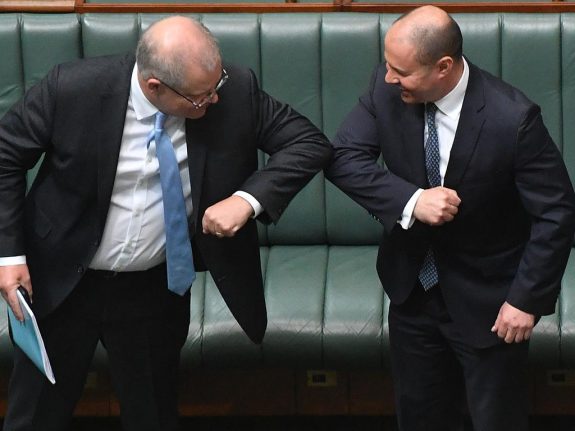
 Denis Bright (pictured) is a financial member of the Media, Entertainment and Arts Alliance (MEAA). Denis is committed to consensus-building in these difficult times. Your feedback from readers advances the cause of citizens’ journalism. Full names are not required when making comments. However, a valid email must be submitted if you decide to hit the Replies Button.
Denis Bright (pictured) is a financial member of the Media, Entertainment and Arts Alliance (MEAA). Denis is committed to consensus-building in these difficult times. Your feedback from readers advances the cause of citizens’ journalism. Full names are not required when making comments. However, a valid email must be submitted if you decide to hit the Replies Button.









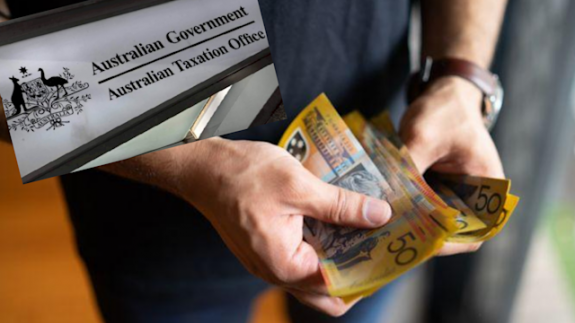
 The government’s response was the program was designed quickly to create the most stimulus and there was no mechanism to recover the funds from those that found out after the event they didn’t meet the criteria. Sounds like the same thing they pilloried the progressive side of politics for about a decade earlier. At the same time, the same conservative government considered chasing individuals who received JobKeeper as well as JobSeeker during the 2020/2021 Financial Year. In the government’s eyes this isn’t a correct and proper use
The government’s response was the program was designed quickly to create the most stimulus and there was no mechanism to recover the funds from those that found out after the event they didn’t meet the criteria. Sounds like the same thing they pilloried the progressive side of politics for about a decade earlier. At the same time, the same conservative government considered chasing individuals who received JobKeeper as well as JobSeeker during the 2020/2021 Financial Year. In the government’s eyes this isn’t a correct and proper use 
